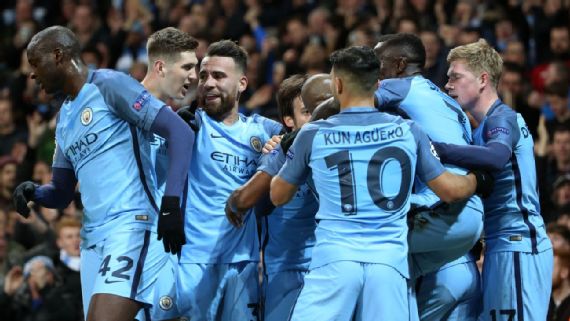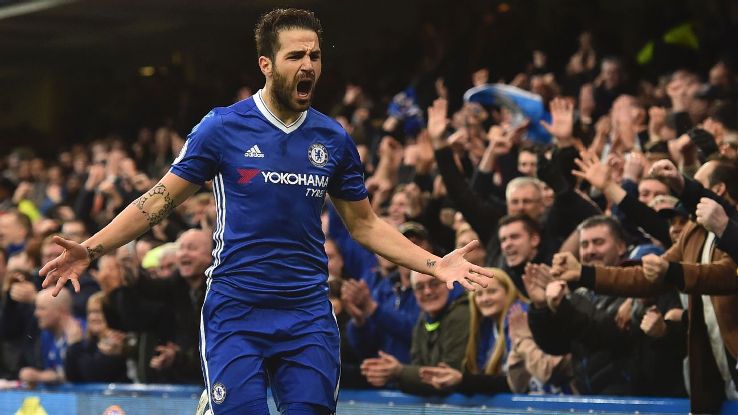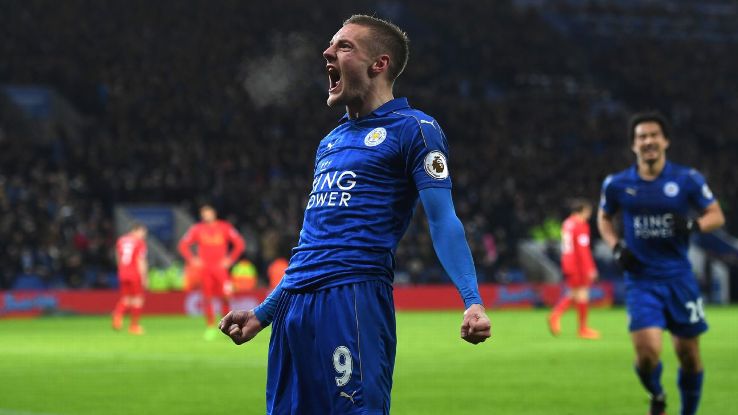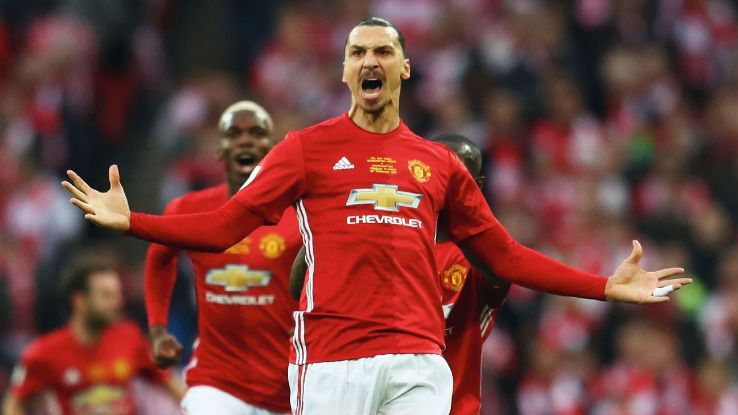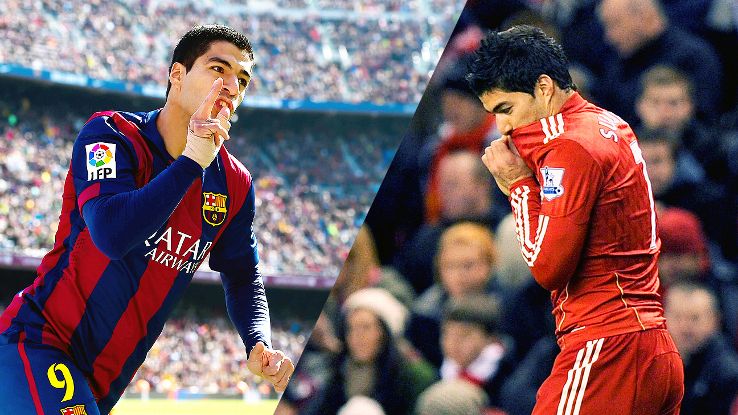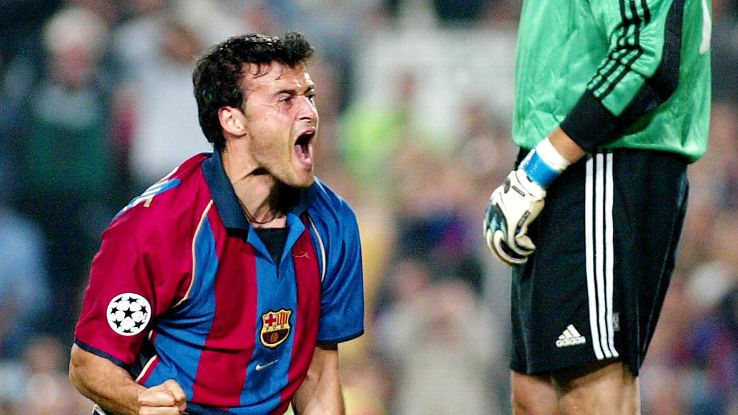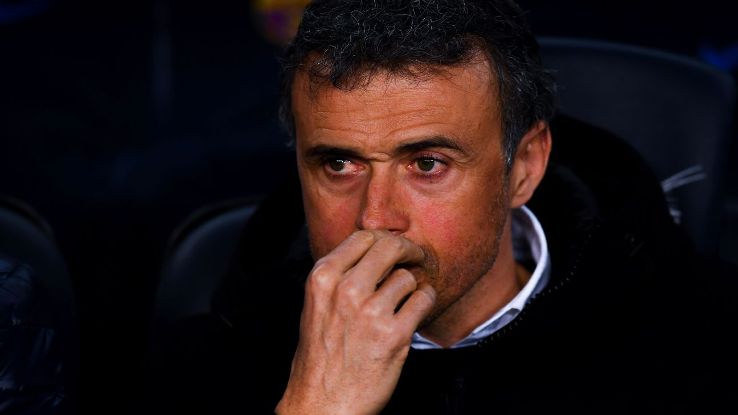Luis Enrique takes decision to leave Barcelona at exactly the right time
By Graham Hunter
espnfc.com
How many big performers know when to leave the stage? At the right time, in the right way, before their magic dissipates? In sport, politics, in life.
The answer is always: "Very few."
Luis "Lucho" Enrique did it once, as a player, and has done it again as a coach. This was the right time and staying any longer would have been damaging.
To Barcelona, with regard to trophy pretensions, forward planning in player and coaching terms, and to Luis Enrique himself.
When he was a crossover player, one of the few who choose to move from Real Madrid to Barcelona, rather than the other way around, he drove the Camp Nou fans delirious with his attitude. A great player, a great competitor, with total and utter commitment to his new club. It was as if he'd been born in Les Corts or Pedralbes rather than Gijon.
As if he was a native of those two Camp Nou neighborhoods rather than a born and bred Asturian.
He was one of the Cules. Talented as a player, successful in due course as a manager, but feeling the same sentiments as Catalans, who were desperate for heroes to take the battle to Madrid.
When Luis Enrique did this before, in 2003-04, his declining athletic powers almost exactly matched his declining physical powers and psychological burn out now. Both come from giving absolutely everything, every hour of every day. Intensity in mind, body and soul.
When that took a toll physically, when his Achilles injury was robbing him of form and athletic intensity, he decided to stop. He was 34 and, if not for the specific problem which was stripping him of his best level, he had a mentality and training regime that could easily have seen him play four more years.
Luis Enrique saw, with clear eyes, exactly what most top players don't see: That his ultimate level was gone and it wasn't coming back.
No romance, no regrets. Out the door.
And that is the choice he has made once again. His behaviour, his actions, his players' mood, the way in which the team was playing -- all of those combined to suggest that the toll of coaching this "burnout" club had taken enough out of him.
When Lucho signed on to coach the club that he's grown to love still more than the Sporting Gijon, who gave him his "local hero" debut, he said: "It's like the sun is shining a bit brighter outside my house this morning. It's like being in Disneyland."
I'd guess that, over this winter, there have been mornings when another ride to Disneyland, another burning hot sunny day, seemed the furthest thing from his mind.
It's not quite that familiarity breeds contempt but that this Barcelona squad is full of hard-nosed, world-class winners used to perpetual success. If not checked, there is a natural -- and this is not a criticism -- tendency for the players to believe that they are the GPS for success.
They are the orchestra which, every now and again, needs to be convinced, or taught, that they do need a conductor. The soloists are great, they all read music, they all know how they want to sound individually and they all reckon that, if you assemble a huge array of great talent, then the music will come out beautifully and enough to please the gods.
That's what they reckon.
But you can see, right now, that the timpani aren't following the wind section, the strings are a little too capriccio and the flutist ... well he's just going way, way too glissando. The conductor isn't having the effect he should and the orchestra think that they are running the show.
Luis Enrique should be lauded. One of Barcelona's mainstays, Gerard Pique, last week used the most basic of terms to succintly describe the impact that his manager had once upon taking over: "We were in the s--- before he came and then we won the treble."
There's a chance Luis Enrique finishes with 11 trophies in three seasons -- eight for the moment isn't bad -- but some would argue, and I'd have to say that I'm among them, that it might prove to be a pyrrhic victory overall.
The next coach's fundamental problem won't be whether he can win La Liga or the Champions League, but whether he can reinstate the possession-position-pressing DNA that made the most recent Barcelona generation discernible from everyone around them.
A DNA which, I'd argue, made them the best in the world.
Luis Enrique, in trying to reboot Barcelona and in trying to make them less easy to predict and less easy to close down, found new ways of playing that were (very) successful, but which seem to have withered the very essence of what the club's team play was about.
When, in recent weeks, Pique, Sergio Busquets and Andres Iniesta offered public support to the coach, but repeatedly argued that the team needed to return to an "identifiable" playing style and that they needed "footballing" solutions to their current problems, it was clear that they were hoping that there would be a natural break at the end of Luis Enrique's current contract.
Overall there's no question that Luis Enrique has been a winning coach, that he's brought important landmarks to Barcelona and that he's kept them hungry in attitude and competitive on the pitch.
However, I find it very hard not to conclude that there was another factor.
Luis Enrique had intimated to the club that he'd prefer to resolve matters, one way or another, in April. Given his record he was entitled to ask for that, even if it was detrimental to the club's forward planning.
But Lionel Messi's current contract expires in the summer of 2018, which means he will be free to sign for another club on Jan. 1, just 10 months from now. Before he chooses to either leave or re-commit -- the latter still being more likely -- there's no question that the greatest player in Barcelona's history would need to know who was going to coach him next season, which players would be signing and which ones would leave.
Until Luis Enrique showed his hand, it was impossible for the club to guarantee any of those things.
Until these matters were made clear, Messi's contract would continue to edge towards that remarkable status where the most valuable player in the world might leave for free. Messi's father Jorge was in Catalunya recently but went home to Argentina without any major advancements in the negotiations.
So whether there was a degree of a "push" to encourage Luis Enrique to fast-forward his announcement or not, the fact remains that the coach has taken the right decision at the right time and facilitated the club moving forward.
Expect there to be a reaction in the team's play. Expect that the fans will be more vocal in their support for an already popular coach. Expect that the Messi negotiations move forward more positively and more quickly.
But hopefully there is also recognition that what Luis Enrique has done isn't easy. To walk away from your dream job when the previous years have been packed with success is not easy. It's a decision which Pep Guardiola failed to make at the right time. His fourth year was too tiring, he was too burnt out.
This has been a decision made by a man who could, feasibly, have insisted on staying. But, instead, Luis Enrique has chosen the right option and the right time to announce it.
Congratulations "Lucho." It's been quite a ride.

